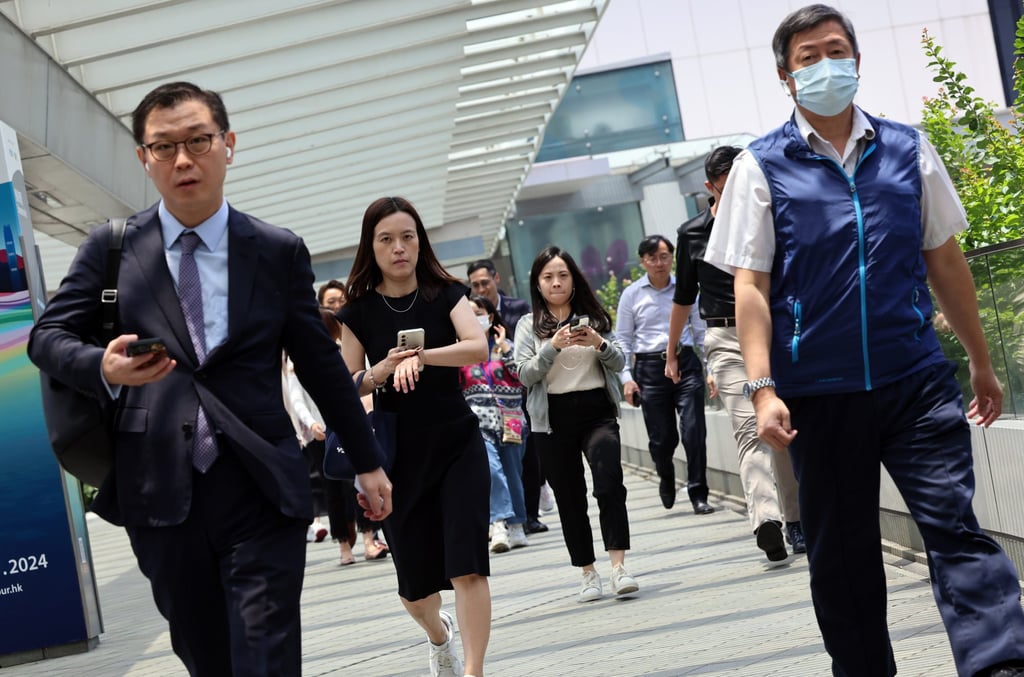Editorial | Economic and social situation should guide Hong Kong civil service pay rises
- Annual survey findings calling for increases ranging from 4.01 to 5.47 per cent depending on grades may work in boom times, but perhaps not in the current climate

A generous civil service pay rise can be a hard sell, even more so when the government is grappling with a multibillion-dollar budget deficit. It becomes even more controversial when the long-standing mechanism of using private sector salaries as the basis for increases has again produced indicators that seem out of touch with the economic reality.
The adjustment must be handled carefully.
The public can be excused for feeling unconvinced after the official pay trend survey showed the upper, middle and lower ranking civil servants deserved pay rises of 4.01, 4.32 and 5.47 per cent, respectively. The annual survey findings, based on the data of some 134,000 employees in 113 companies, have long been the reference for government pay adjustments, along with other factors.
The levels this year are considerably higher than the range of 3.3 to 3.5 per cent in other market surveys.

The pay trend survey results were generally not much disputed in boom times. Civil servants, after all, also are entitled to share the fruits of economic success, and morale is important.
